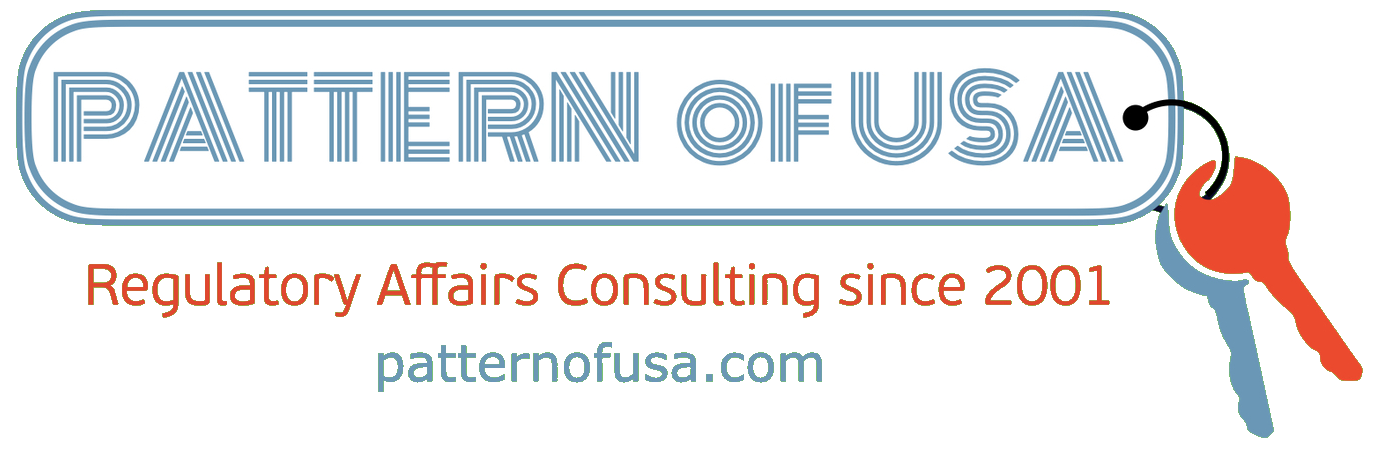AbbVie’s Schizophrenia Treatment Candidate Falls Short in Two Phase 2 Trials

In December of the previous year, AbbVie secured the acquisition of Cerevel Therapeutics along with the rights to emraclidine through an .7 billion agreement announced.
At the time of the acquisition, emraclidine was undergoing two phase 2 trials, identified as EMPOWER-1 and EMPOWER-2. This week, the results from these trials were released, indicating that neither trial achieved its primary goal of a statistically significant reduction in the Positive and Negative Syndrome Scale (PANSS) total score compared to the placebo group at week 6.
Although the two trials had comparable designs, they examined slightly different dosing mechanisms. EMPOWER-1 comprised 379 patients while EMPOWER-2 included 373 participants diagnosed with schizophrenia facing acute exacerbations. Participants were randomly assigned into three groups in a 1:1:1 ratio: the placebo group, a 10mg/day group, or a 30mg/day group for EMPOWER-1, and the placebo group, a 15mg/day group, or a 30mg/day group for EMPOWER-2.
The findings from EMPOWER-1 revealed a slight reduction in PANSS scores for the 10mg/day and 30mg/day groups at 14.7 and 16.5, respectively, compared to 13.5 points in the placebo group; however, these differences were not statistically significant.
In EMPOWER-2, the placebo group saw a reduction of 16.1 points compared to reductions of 18.5 points and 14.2 points in the 15mg/day and 30 mg/day groups, respectively. Similar to EMPOWER-1, the extra reduction in the 15mg/day group compared to placebo lacked statistical significance.
Adverse effects were minimal in both studies, with emraclidine being generally well tolerated; the most frequently reported side effects included headache, dry mouth, and indigestion.
“While we are disheartened by these outcomes, we will continue to analyze the data to decide our next steps,” stated Roopal Thakkar, executive vice president of research and development and chief scientific officer at AbbVie.
“We extend our gratitude to all study participants and their families, as well as our extensive network of clinical investigative sites for their involvement in these trials. We believe our innovative pipeline has great potential to deliver impactful therapies to patients, and we remain dedicated to improving treatments for individuals with psychiatric and neurological disorders.”
The emraclidine trial program also includes a 52-week open-label extension study, EMPOWER-3, aimed at assessing the efficacy of emraclidine in stable schizophrenia patients not undergoing acute psychotic symptom exacerbation, although AbbVie did not provide an update on its current status.
With the likelihood of emraclidine reaching the market diminished, AbbVie is hopeful that Cerevel’s other products will perform more favorably. One promising candidate, tapavadon for Parkinson’s disease, has demonstrated success with a positive phase 3 readout in September.
A New Treatment Route for Schizophrenia
First-generation antipsychotics primarily target the dopamine type two receptor, while second-generation drugs also affect the serotonin 2A receptor. Though effective for alleviating hallucinations, these treatments commonly lead to various side effects, including Parkinsonian-like motor symptoms known as extrapyramidal side effects; users may also experience weight gain, metabolic issues, and hormonal disturbances.
Activation of muscarinic receptors in the brain has potential benefits for addressing schizophrenia symptoms. Emraclidine specifically targets the muscarinic acetylcholine receptor M4 subtype and exhibits high selectivity for this receptor, which may account for the drop in efficacy observed in these trials. Cobenfy similarly interacts with the muscarinic system via its active component xanomeline, although xanomeline is less targeted and affects all five muscarinic acetylcholine receptor subtypes, showing the highest affinity for M1 and M4.
However, stimulation of muscarinic receptors outside the brain can lead to intestinal adverse reactions.
Xanomeline’s non-specific nature prompts its combination with another drug, trospium, which blocks muscarinic receptors outside the brain. This combination neutralizes the peripheral effects while allowing xanomeline to aid in alleviating schizophrenia symptoms in the brain, as highlighted by Cobenfy’s recent approval.

